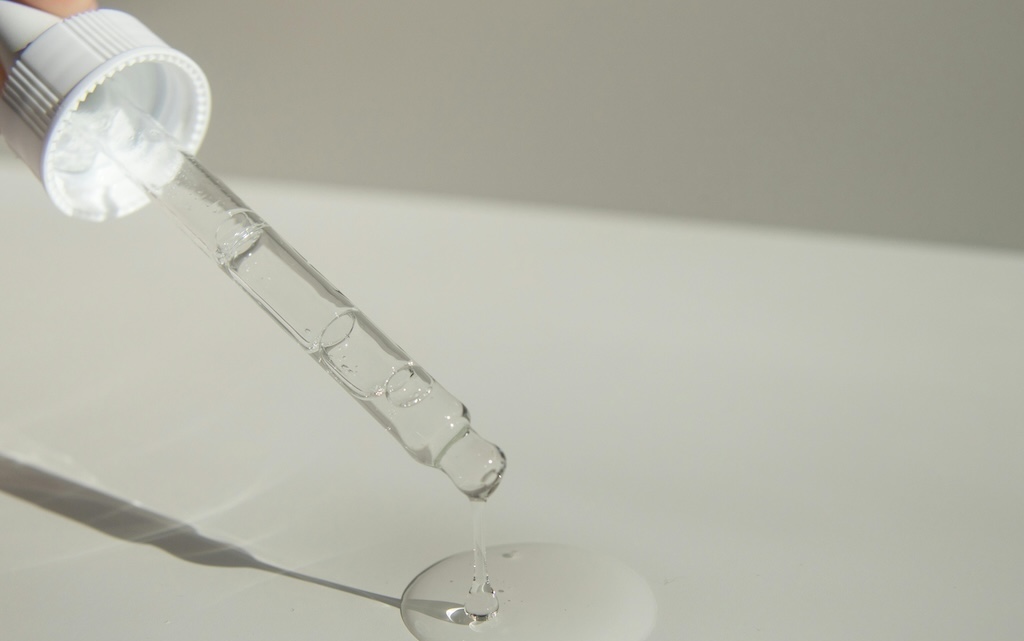Allergy Test
Last updated: January 12th, 2025

An allergy test identifies specific allergens that trigger allergic reactions in individuals. There are several methods for allergy testing. The main ones are skin tests and blood tests, specifically IgE antibody tests.
Skin tests
These involve applying a small amount of allergen extract to the skin. Usually on the forearm or back. And then pricking or scratching the skin to allow the allergen to enter.
The healthcare provider then observes the skin's reaction. The nature of the reaction determines if an allergic response has occurred. Such a reaction might take the form of redness, swelling, or itching.
Blood tests
A blood test for allergy testing is specific type of blood test. This test measures the levels of specific IgE antibodies produced by the immune system in response to allergens.
The blood sample is analyzed in a laboratory to identify IgE antibodies. Antibodies specific to particular allergens provide information about the individual's sensitivities.
Why do an allergy test?
Healthcare providers recommend allergy testing for various reasons:
Identifying allergic triggers
Allergy tests help determine which substances (allergens) are causing allergic reactions in individuals. Knowing the specific allergens can guide avoidance strategies and allergen-specific treatments. Common allergens include:
- pollen,
- dust mites,
- pet dander,
- mold spores,
- certain foods, and
- insect venom.
Managing allergy symptoms
Once they identify allergic triggers, healthcare providers can develop personalised treatment plans to manage the symptoms. This may include:
- allergen avoidance,
- medications as antihistamines or nasal corticosteroids,
- immunotherapy as allergy shots or sublingual immunotherapy, and
- other interventions tailored to the individual's specific allergies.
Confirming suspected allergies
Allergy testing can confirm suspected allergies in individuals experiencing symptoms suggestive of allergic reactions. Such reactions include:
- seasonal allergies (hay fever),
- allergic rhinitis,
- allergic asthma,
- eczema,
- hives (urticaria), and
- food allergies.